MMF’s Work with Not-For-Profits, Donors
Our battle against donor fatigue
Across Africa, there are signs of donor fatigue. As many of the large bilateral donors are shifting focus to trade not aid and favoring programs that will benefit homeland security, charitable organizations must take stock.
At MMF, we believe that much of the fatigue is down to the lack of innovation in philanthropy and the unsustainable nature of how charitable giving is structured in many countries.
Below are the various programs in place to combat this:
MMF NGO Hub
MMF is an organization in West Africa seeking to work with not-for-profits and government agencies to ensure aid and charity are delivered more effectively. MMF NGO hub is will be an online and offline initiative dedicated to enabling, empowering, and serving NGOs locally and internationally. It will champion effectiveness, transparency, and sustainability.
The NGO Hub will connect NGOs to information, resources, experts, volunteers, and grants. Above all, it will connect NGOs to each other, to inspire collaboration to solve society’s problems together. Through this initiative, MMF seeks to start with the Educational Hub in which all players and stakeholders in the education space are given access to information, and research work and also held responsible for funding within the sector.
Also to develop a framework for the classification of Non-profit organizations in Nigeria towards fostering social sector collaboration, coordinated private sector involvement, organizational mentorship, donor-visibility, and capacity building.
Outsourcing
Through its outsourcing program, MMF will work with organizations to improve their impact and efficiency by helping organizations to design practical, digital tools to better deliver, monitor, and evaluate their programs, across the geo-political zones and taking cognizance of local cultures and languages.
MMF Logistics & Operations Hub
For so long humanitarian projects in Nigeria have relied largely on expertise from non-nationals with not much decision-making and lead role played by indigenous organizations. This has largely had an adverse effect on project impact and sustainability. The advent of the COVID-19 pandemic which resulted in the evacuation of the majority of foreign personnel has further escalated the limitations of this reliance on foreign expertise in delivering humanitarian assistance and in some instances development programs.
Just as the private and public are having to find innovative ways to do business and deliver on their mandate, it has become imperative for the International donor organizations working in Nigeria to not just begin to think along these lines but act as well.
The MMF Logistics & Operations hub, which we located in Abuja is designed as an operational outpost to deliver coordinated humanitarian response, and development programs, and provide integrated citizens-led Monitoring, Evaluation, and Learning (MEL) systems for development programs.
While Technology and Innovation will remain the cardinal driving force for the hub it will rely on indigenous capacities and networks across the country.
Most significantly, the hub will stimulate stronger inter-agency collaboration, mitigate project duplication, strengthen local capacities, promote local network-building, and ensure humanitarian assistance and development Programmes are contextualized to target communities.
We see this as the bedrock of achieving sustainable impact. The MMF Logistics and Operations Hub will leverage the 20 years of experience in the foundation’s work across Nigeria, especially in the most difficult terrains of North-Eastern Nigeria.
Training
Our training programs are designed to help NGOs conform to international best practices and ensure they are doing their best in delivering social interventions. Virtual and In-Person training is available under the NGO’s Hub project.
MMF’s Training can be delivered in situ or online through our training programs.
The index will seek to mainstream their local partner feedback with that of the broader community in which they operate.
The tool is intended to help donor organizations, philanthropic investors to measure the social impact of their giving and differentiate between investments, and attract new investment dollars.
The tool is intended to be defensible, transparent, comprehensive, comparable, replicable, and maintainable.
It will also serve as an independent assessment of International donor funding/activities for State, regional and National governments in Africa.
MMF SII will be an index of indexes but with a focus on the impact of International Donor organizations in the countries and communities, they serve in Africa.
These components are the basis upon which the social impact score will be determined and the organization will be assessed based on their work in the following areas Humanitarian response, Education, Poverty, Women/Youth, and Health.
How can you help?
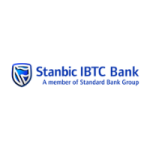
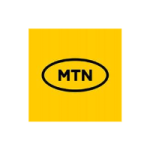
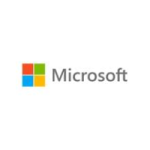
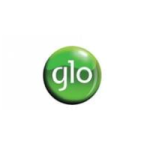
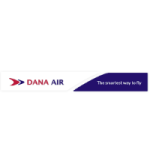

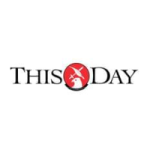
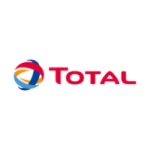
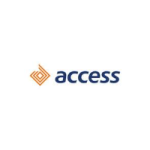


MMF’s Work with Not-For-Profits, Donors
MMF Social Impact Index
MMF Social Index is looking to measure the effectiveness of donated funds. We equate this to how to measure the “Return on Social Capital” as donated money is a capital investment for the social good of the society.
The MMF Social Impact Index (SII) is conceptualized with the aim of measuring the multiple factors of a social development initiative that contribute to its ultimate social impact, with its actual impact. This pioneer Africa index will seek to create a framework for measuring the impact of donor organizations working in Africa both from the input, output, outcome, and impact levels.